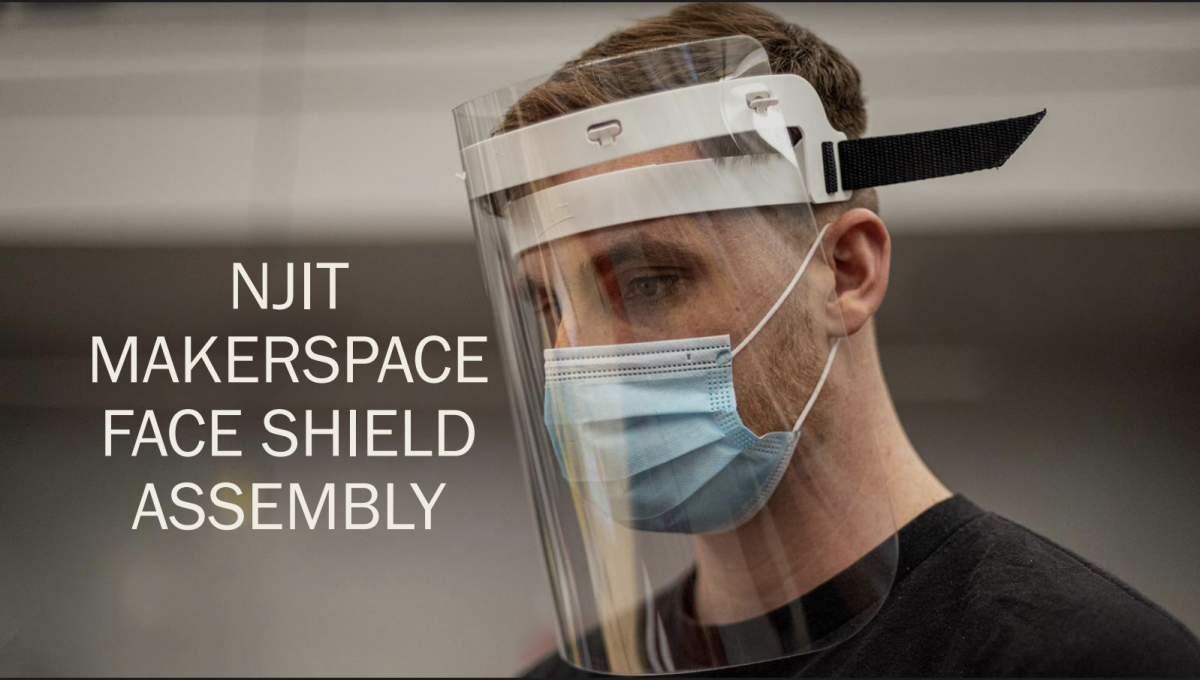Amidst the controversy surrounding President Trump’s time in office, from the travel ban to the buzz around his administration’s alleged ties to Russia, the President has also been busy signing other bills that are set to make an impact. Among these bills are HR 255, otherwise known as the Promoting Women in Entrepreneurship Act, as well as HR 321 – Inspiring the Next Space Pioneers, Innovators, Researchers, and Explorers (INSPIRE) Women Act. Both are designed to promote and encourage women to pursue careers in science, technology, engineering, and mathematics (STEM). President Trump signed these bills on February 28 surrounded by Vice President Mike Pence, a slew of both male and female Congress members, his daughter Ivanka, and wife Melania Trump.
According to the U.S. Census Bureau, as of 2013, men are employed in STEM fields at a rate of 31 percent, a statistic that is over double that of the rate of female employment in STEM occupations, which comes in at 15 percent. Additionally, a study completed by the University of Washington shows that women are less likely to focus on STEM disciplines in higher education due mainly in part to the “masculine culture” that surrounds STEM.
To combat these statistics, the INSPIRE Women Act directs NASA to develop and implement programs to encourage young girls and women to study and pursue science and aerospace careers. Specifically, the law asks NASA to submit a plan to Congress that will “facilitate and support” past, present, and future female STEM students and professionals to inspire “the next generation of women”.
The next bill, the Promoting Women in Entrepreneurship Act, states that the government officially authorizes the National Science Foundation (NSF) to provide support for entrepreneurial programs directed towards women, detailing that part of the NSF’s mission is to support women pursuing careers in STEM. Though the bill does not include specific suggestions on how the National Science Foundation should go about following this law, it is designed to be a step towards equalizing the playing field between men and women in STEM occupations.
Though many have been skeptical of President Trump’s respect for women based on his “locker-room” remarks and past treatment of women, on the day the bills were signed into law, the president spoke of the unfairness that women in STEM face in the workplace and job market. In his remarks regarding these new laws, the president said, “We want American women who graduate from college with STEM degrees to be able to get STEM jobs that can support their families and help these American women to live out the American Dream, which they are so qualified to live out.”
These bills are poised to have an influence on women interested in STEM fields across the country, including the students in attendance here at NJIT, where females only make up 24% of the undergraduates enrolled in the university. While America continues to be polarized by President Trump’s administration, the passing of these bills through Senate by Unanimous Consent proves that support for Women in STEM is something everyone can get behind, regardless of party.




































